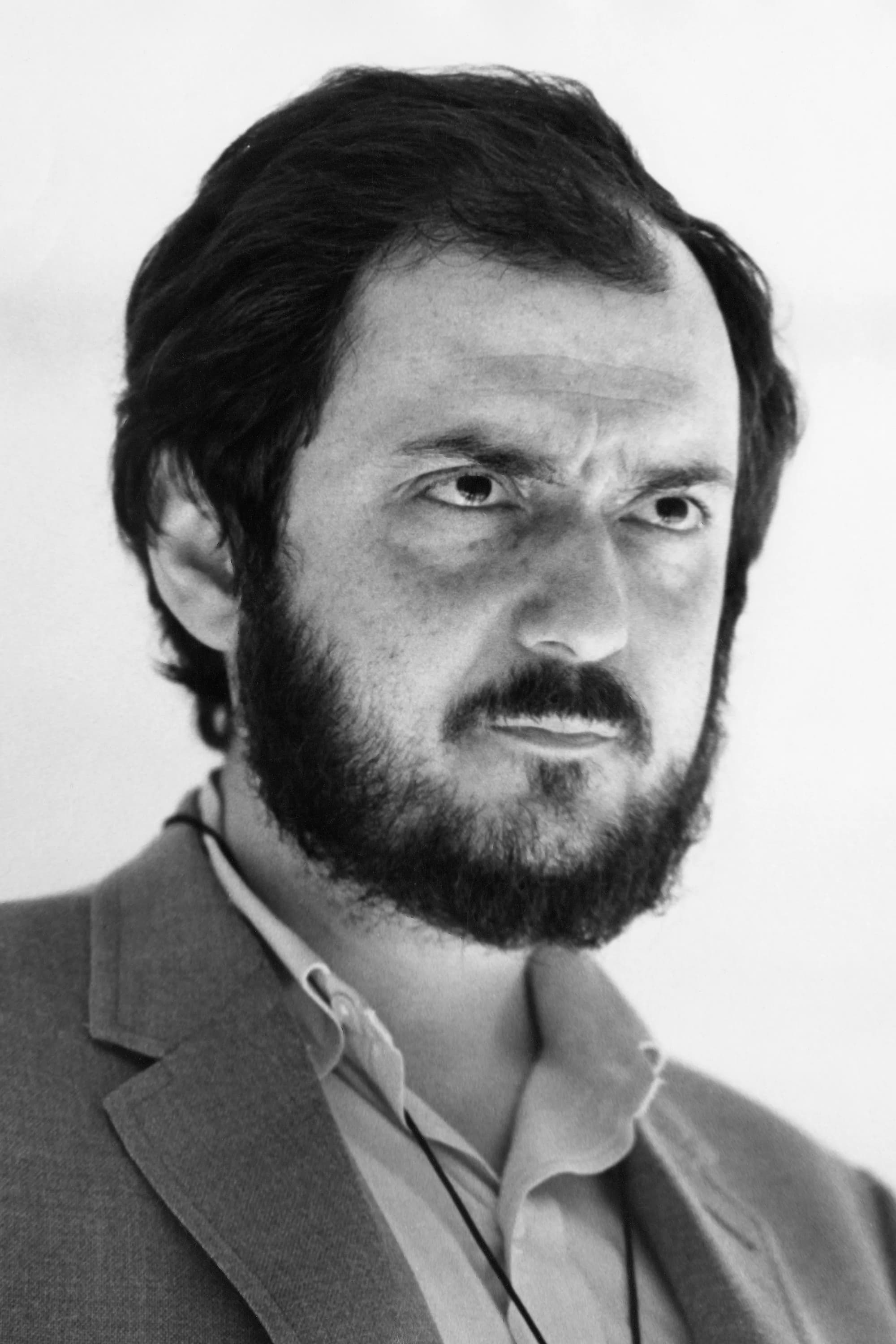
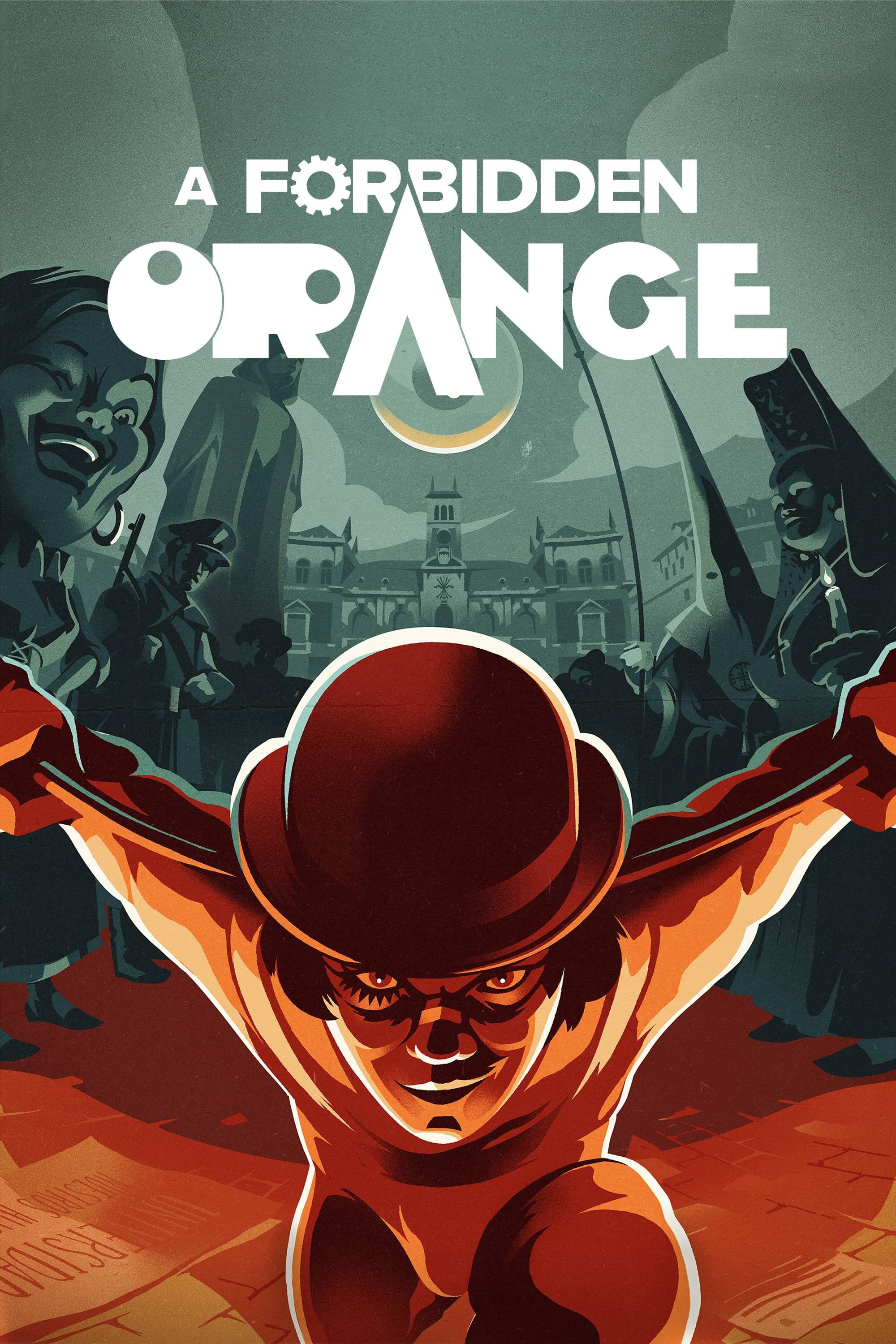
Spain, 1970s. A Clockwork Orange, a film considered by critics and audiences as one of the best works in the history of cinema, directed by Stanley Kubrick and released in 1971, was banned by the strict Franco government. However, the film was finally premiered, without going through censorship, during the 20th edition of the Seminci, the Valladolid Film Festival, on April 24, 1975. How was this possible?
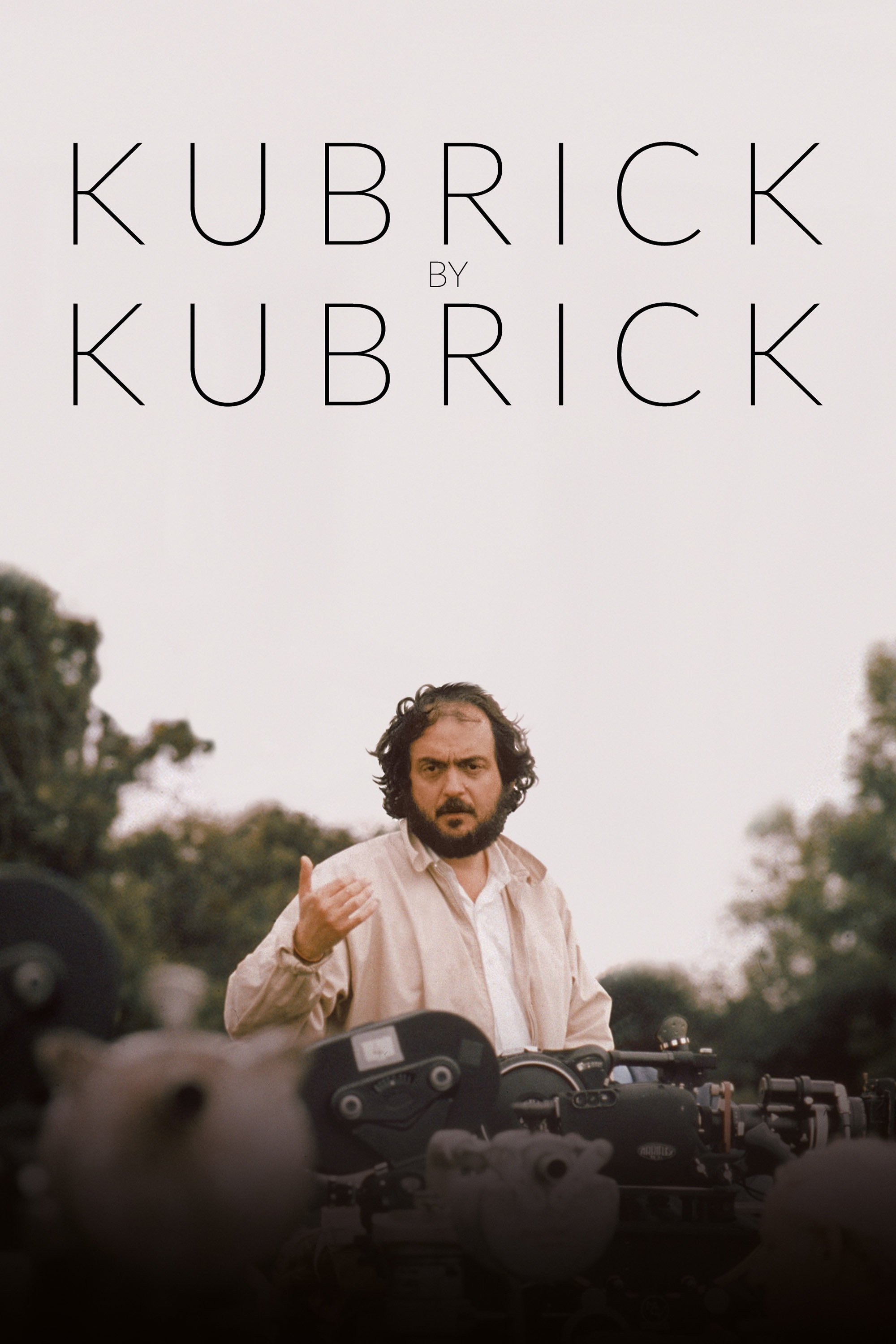
A rare and transcendent journey into the life and films of the legendary Stanley Kubrick like we've never seen before, featuring a treasure trove of unearthed interview recordings from the master himself.
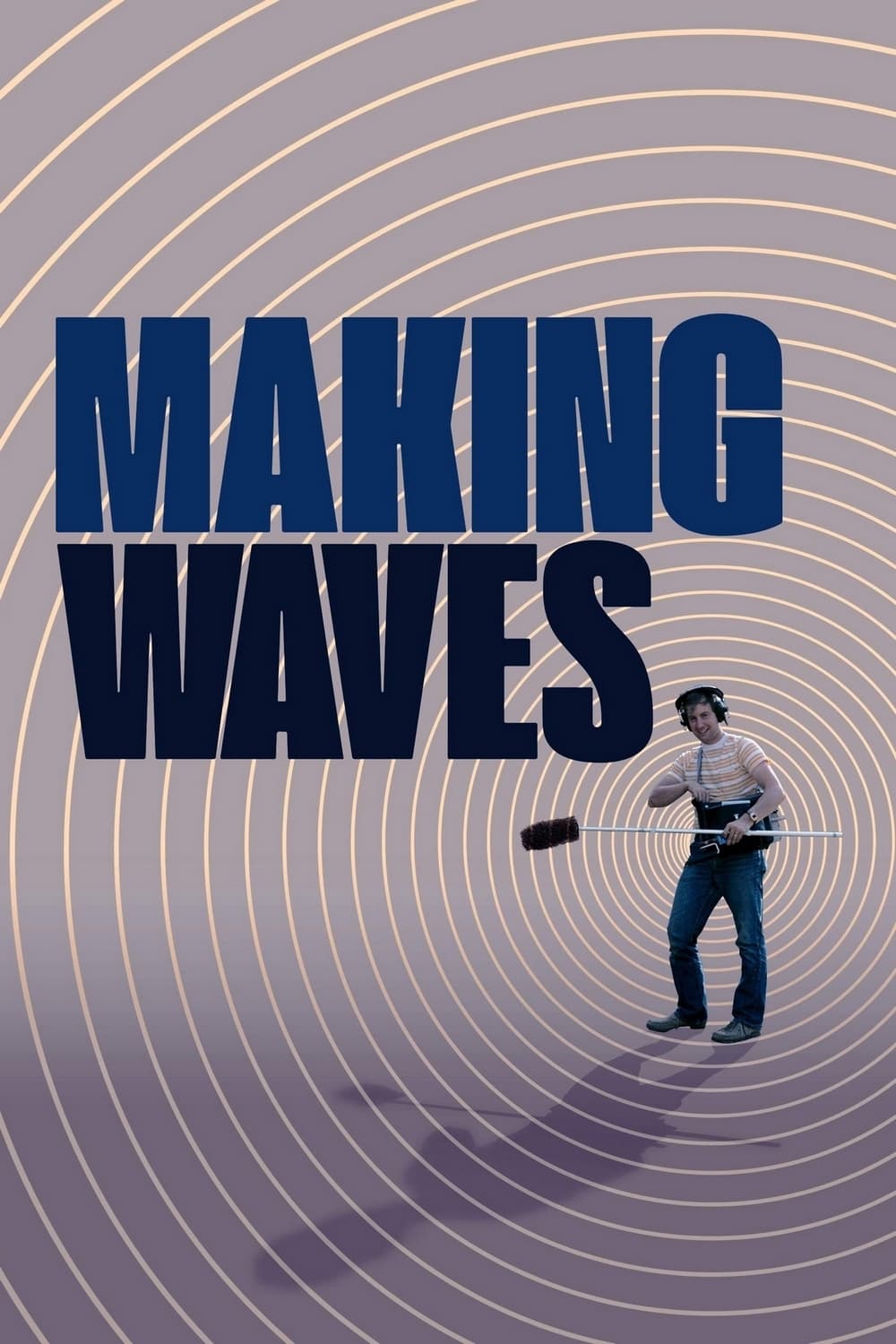
The history of cinematic sound, told by legendary sound designers and visionary filmmakers.

BBC Four’s new documentary takes us on a journey through more than a century of animation. It examines the creative and technical inventiveness of some of the great animation pioneers who have worked in Britain – trailblazing talents such as Len Lye, John Halas and Joy Batchelor, Joanna Quinn, and Bristol’s world-conquering Aardman Animations.
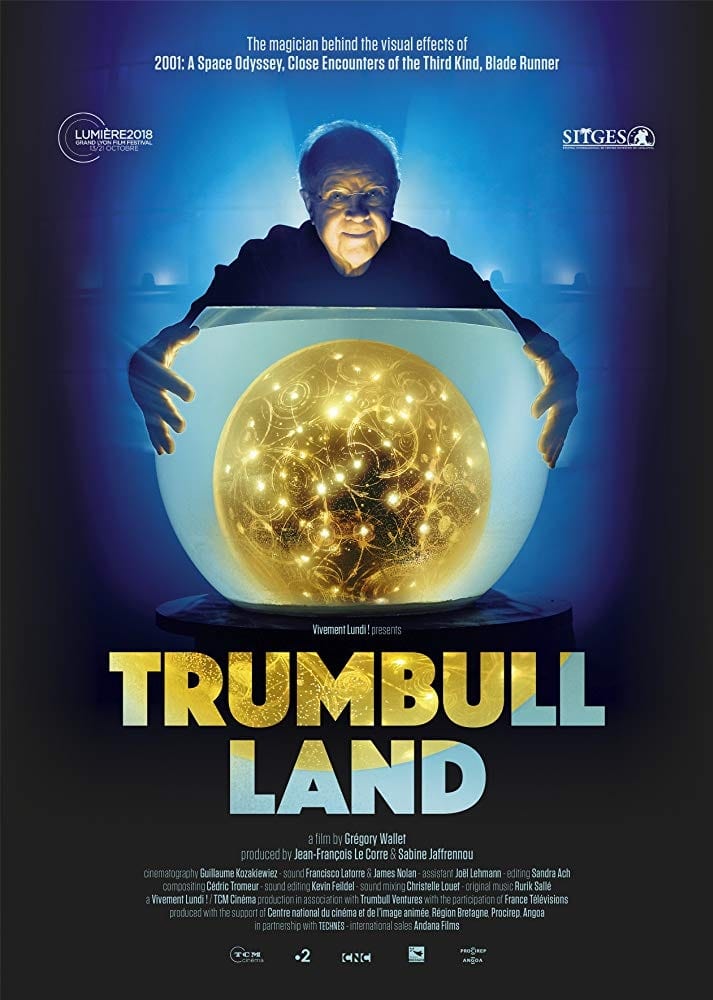
Everyone has seen a Trumbull sequence in Stanley Kubrick's "2001 A Space Odyssey", Ridley Scott's "Blade Runner" or Steven Spielberg's "Close Encounters of the Third Kind". Recognized and respected SFX maestro, he has also directed two full-length films which left their mark on sci-fi cinema: "Silent Running" and "Brainstorm". Today, at over 70, Trumbull-the-pioneer continues his quest for innovation and still dreams of a cinema which places spectators into the film. "Trumbull Land" is an immersive portrait of Douglas Trumbull in his studios and a diving headfirst in his cinema.

The story of Leon Vitali, who surrendered his promising acting career to become Stanley Kubrick's devoted right-hand man.
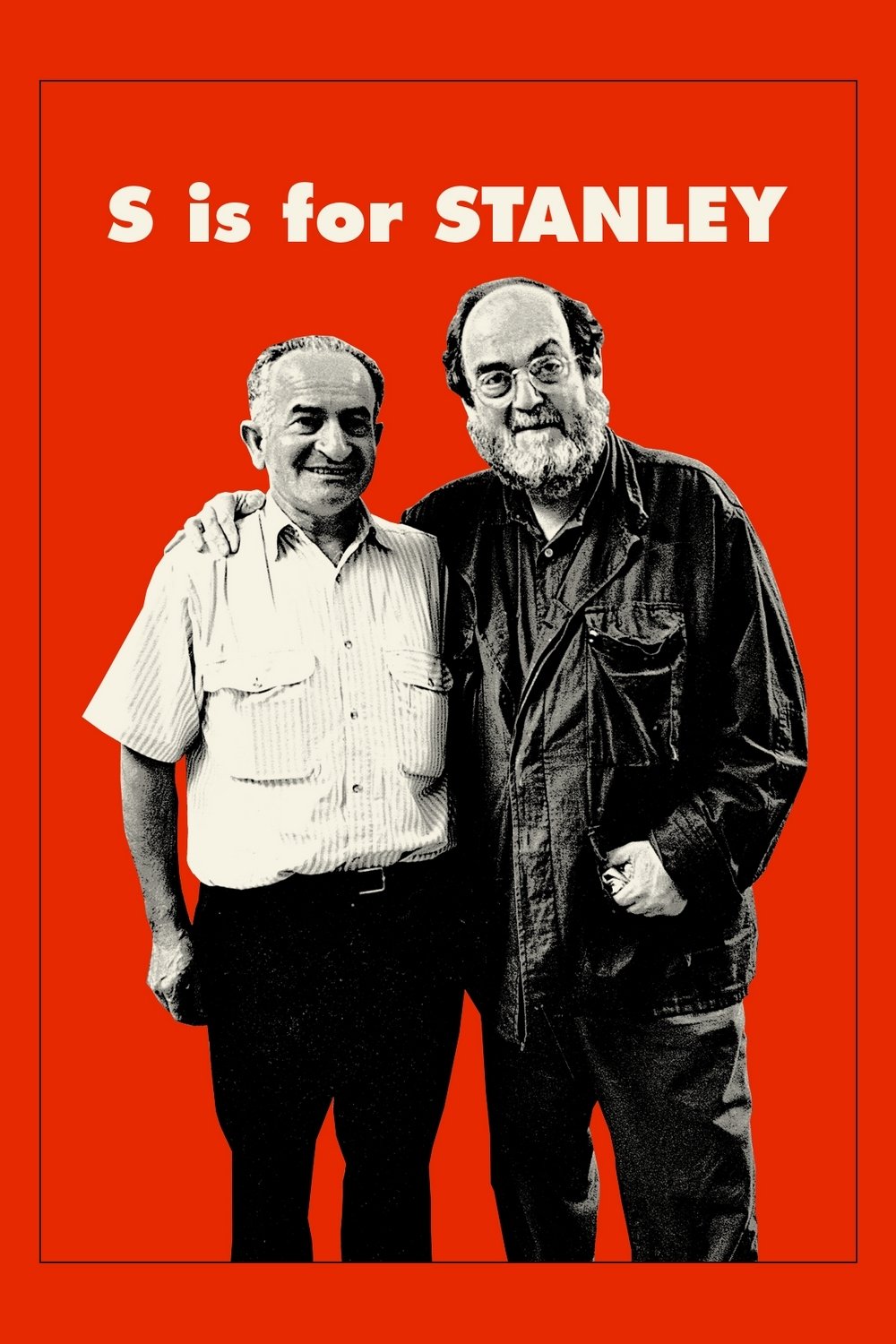
The incredible story of the Italian Emilio D'Alessandro, personal driver of the great director Stanley Kubrick (1928-1999), who met Emilio by chance in London in 1971 and hired him, thus establishing a deep friendship that lasted thirty years and helped create four masterpieces of cinema. A moving tale about two seemingly opposing people who found their ideal travel companion far away from home…
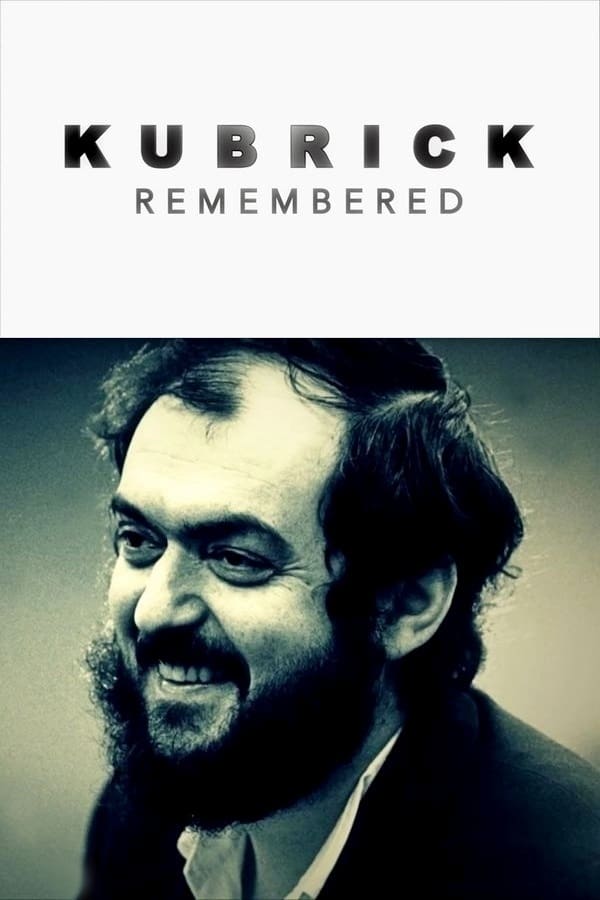
An 83-minute candid look into the life of Kubrick, including interviews with his widow, family, coworkers and actors, and featuring a tour of the Archive in London and an inside look into Kubrick's home.
Stanley Kubrick (July 26, 1928 – March 7, 1999) was an American film director, writer, producer, and photographer who lived in England during most of the last four decades of his career. Kubrick was noted for the scrupulous care with which he chose his subjects, his slow method of working, the variety of genres he worked in, his technical perfectionism, and his reclusiveness about his films and personal life. He maintained almost complete artistic control, making movies according to his own whims and time constraints, but with the rare advantage of big-studio financial support for all his endeavors. Kubrick's films are characterized by a formal visual style and meticulous attention to detail—his later films often have elements of surrealism and expressionism that eschews structured linear narrative. His films are repeatedly described as slow and methodical, and are often perceived as a reflection of his obsessive and perfectionist nature. A recurring theme in his films is man's inhumanity to man. While often viewed as expressing an ironic pessimism, a few critics feel his films contain a cautious optimism when viewed more carefully. The film that first brought him attention to many critics was Paths of Glory (1957), the first of three films of his about the dehumanizing effects of war. Many of his films at first got a lukewarm reception, only to be years later acclaimed as masterpieces that had a seminal influence on many later generations of film-makers. Considered especially groundbreaking was 2001: A Space Odyssey (1968) noted for being both one of the most scientifically realistic and visually innovative science-fiction films ever made while maintaining an enigmatic non-linear storyline. He voluntarily withdrew his film A Clockwork Orange (1971) from England, after it was accused of inspiring copycat crimes which in turn resulted in threats against Kubrick's family. His films were largely successful at the box-office, although Barry Lyndon (1975) performed poorly in the United States. Living authors Anthony Burgess and Stephen King were both unhappy with Kubrick's adaptations of their novels A Clockwork Orange and The Shining (1980) respectively, and both authors were engaged with subsequent adaptations. All of Kubrick's films from the mid-1950s to his death except for The Shining were nominated for Oscars, Golden Globes, or BAFTAs. Although he was nominated for an Academy Award as a screenwriter and director on several occasions, his only personal win was for the special effects in 2001: A Space Odyssey. Even though all of his films, apart from the first two, were adapted from novels or short stories, his works have been described by Jason Ankeny and others as "original and visionary". Although some critics, notably Andrew Sarris and Pauline Kael, frequently disparaged Kubrick's work, Ankeny describes Kubrick as one of the most "universally acclaimed and influential directors of the postwar era" with a "standing unique among the filmmakers of his day."
By browsing this website, you accept our cookies policy.